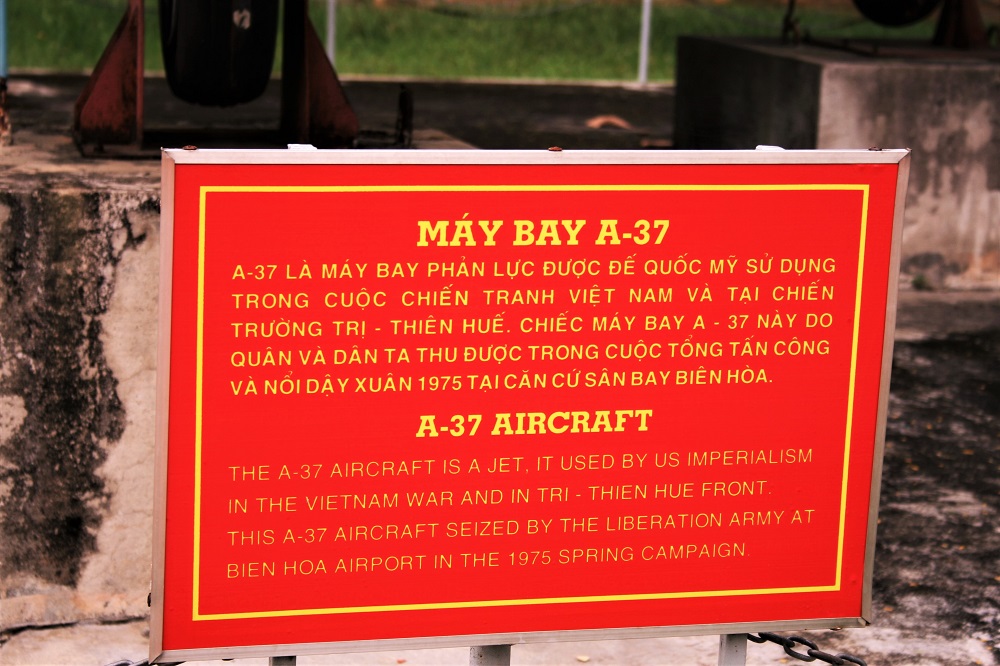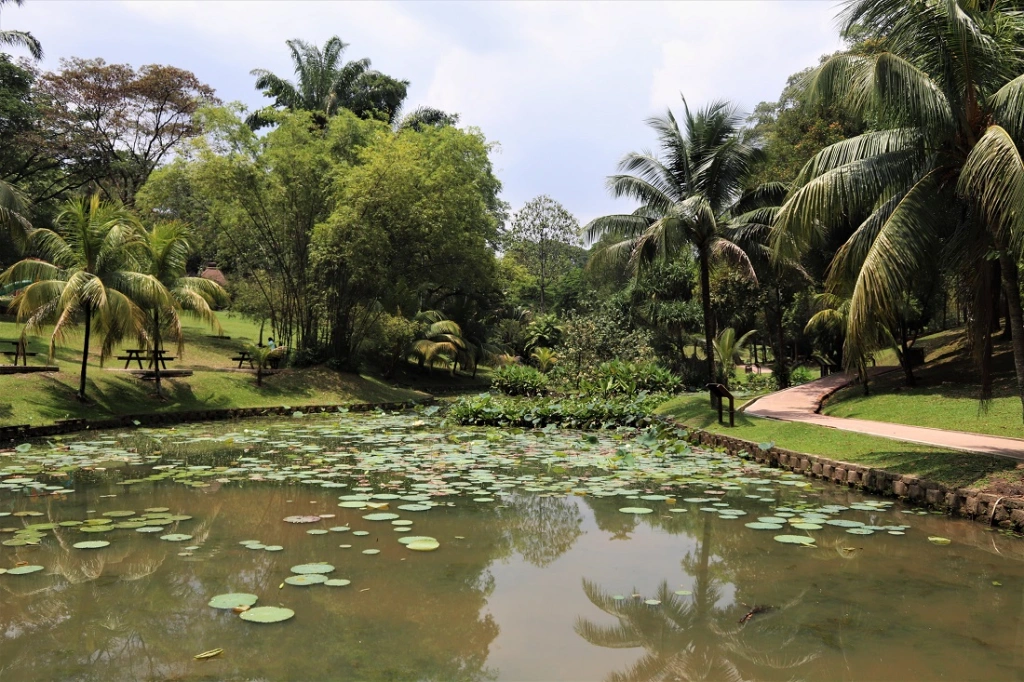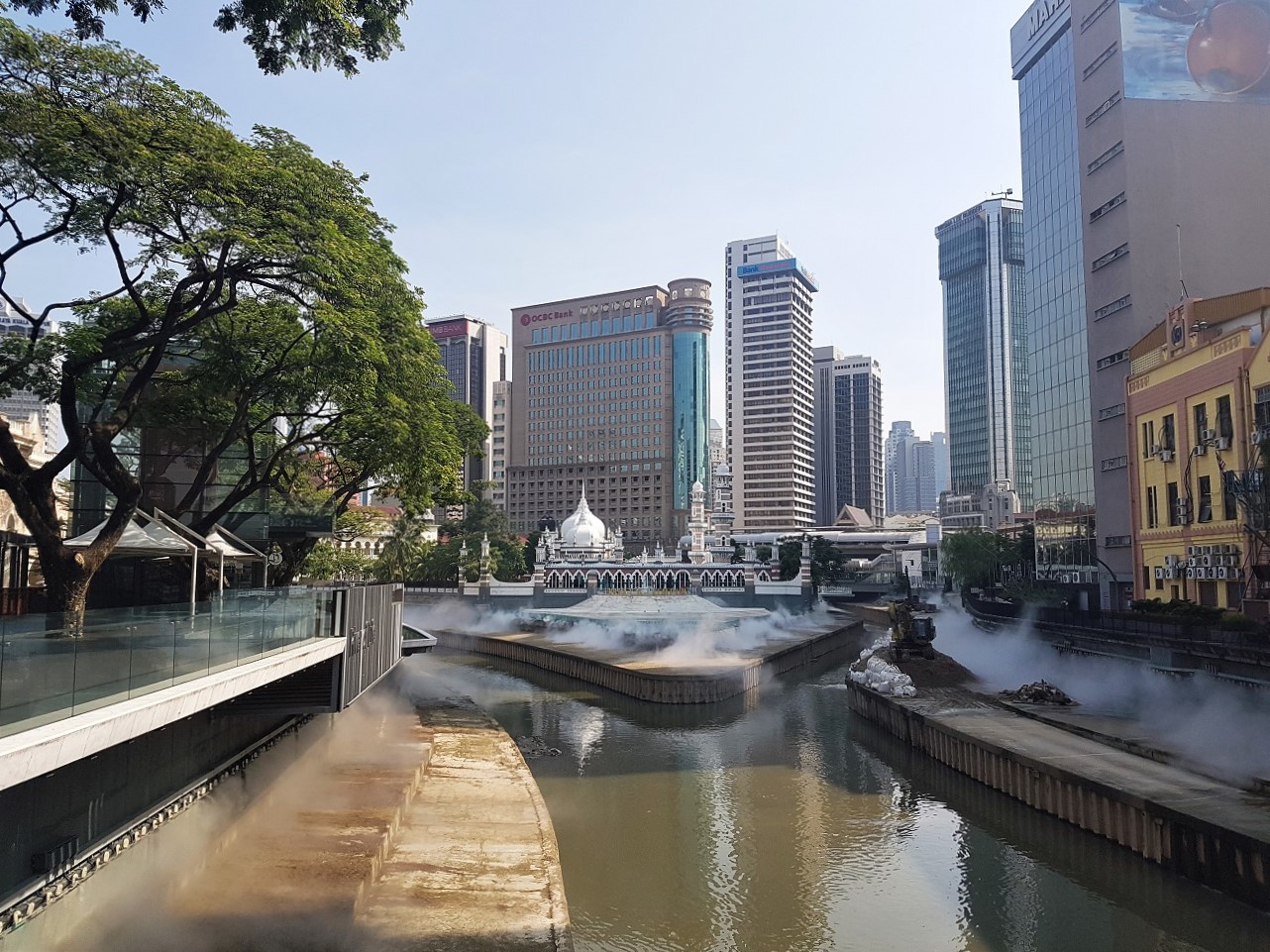On my second day in Hue, I headed back towards the citadel as I was keen to check out a few museums there that had been mentioned in my guide book.
Top of my wish list was the Royal Antiquities Museum, which is said to house some fabulous pieces that once belonged to the Nguyen dynasty.
I was really keen to see some of the treasures from Vietnam’s imperial period, but when I eventually found the museum, the guard wouldn’t let me in.
I couldn’t buy a ticket on the door and if I understood correctly, I was only allowed in with a ticket to the Imperial City.
Now I’d thrown away my ticket the previous day and not really keen to buy another just to visit the antiquities museum, I decided to try a different museum.
The only other museum that I could a) find and that b) looked open was the Military Museum. So I ventured inside.
The museum was open air and near to the entrance there were a number of US military vehicles that had been captured during the Vietnam War.

I was struck by how militaristic the language was that was used in the displays, and while I’m very aware of the horrors that were inflicted during the war, I was a little surprised that there was no attempt at neutrality in the museum’s tone.
Many exhibits read like propaganda. Nevertheless, it was interesting to read about the war from the perspective of the Vietnamese Government.
I wandered around the vehicles and then looked inside a few of the buildings. One of them, unsurprisingly, featured an exhibition about the war, which was really informative and interesting.
But another exhibition showcased random objects, including coins and bits of ceramics, and I wasn’t entirely sure what it was about.
The museum was really quiet, there was hardly anyone else there and for the most part, I was the only person looking at the displays.
I found the whole place decidedly odd, from the lack of other visitors to the propaganda-like tone and the randomness of the exhibitions. It was one of the oddest museums I’ve ever visited.
Having finished exploring the museum, I decided to go for a walk around Hue. I crossed one of the massive bridges over the Perfume River and aimlessly ambled around, taking in the various sights and sounds.
Walking down Le Loi, a grand French-style tree-lined boulevard, I noticed a sign for an art gallery inside a lovely mansion, so I ventured inside.
The gallery was dedicated to the work of the Vietnamese artist LeBaDang and was home to more than 300 of his works.
Once again, I was the only visitor, which was great as I could spend as long as I wanted looking at the pieces without having to jostle with other visitors for position.
The pieces were really good; modern and striking. I hadn’t heard of LeBaDang before, but I enjoyed his work and was glad I’d stumbled across the gallery.
I carried on down Le Loi and saw a sign for the Hue Cultural Museum, so again I decided to pop inside. The museum was teeny with only a few rooms open to the public.
It was quite random with one display of attractive ceramics and another of musical instruments. It was okay, but there wasn’t much to see and what there was to see was again a bit odd, and I didn’t come away feeling as though I’d learnt anything of note about Hue.
My walking tour of Hue turned out to be unexpected and not at all like I’d planned, but I really enjoyed it.
My favourite travel experiences are often random ones where you accidentally stumble upon interesting little places you had no idea existed and this day turned out to be no exception.





